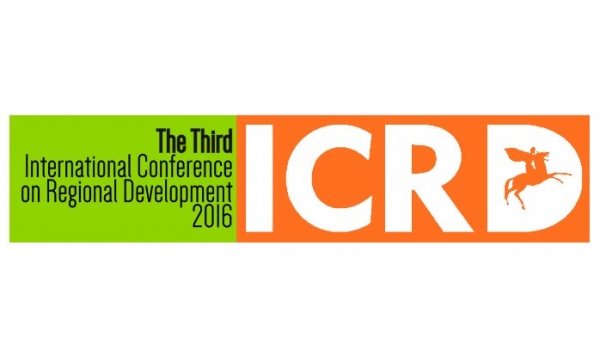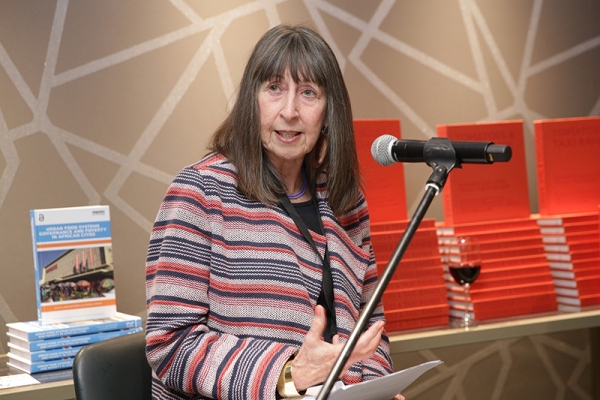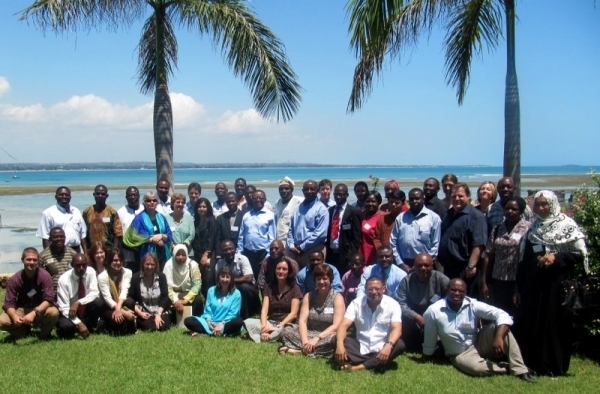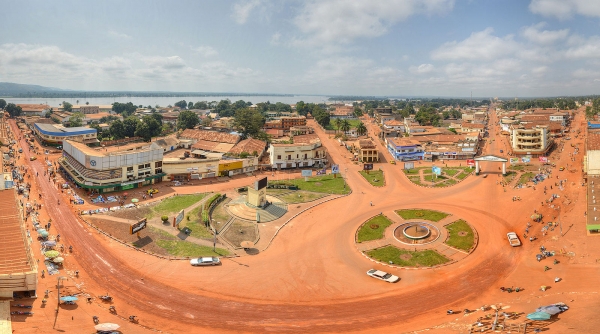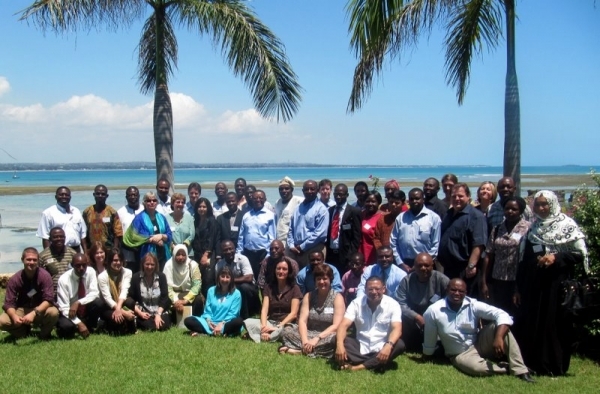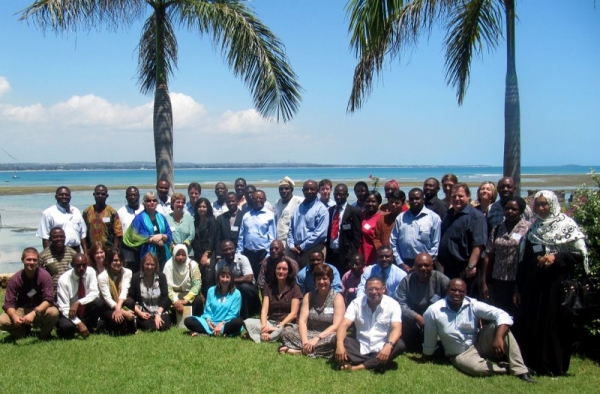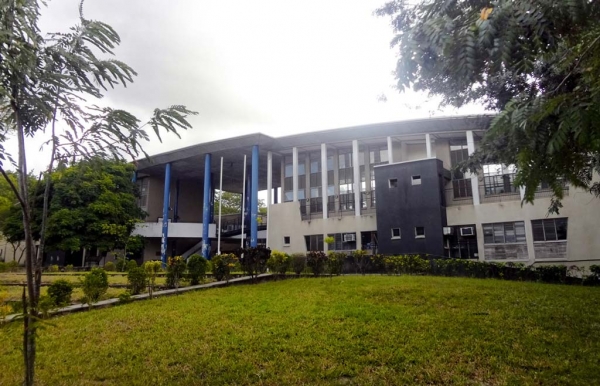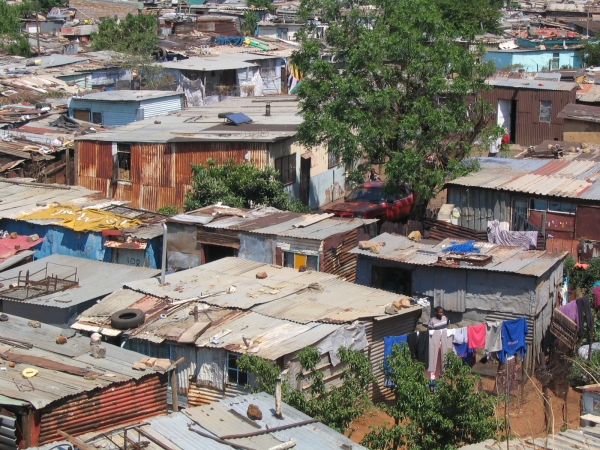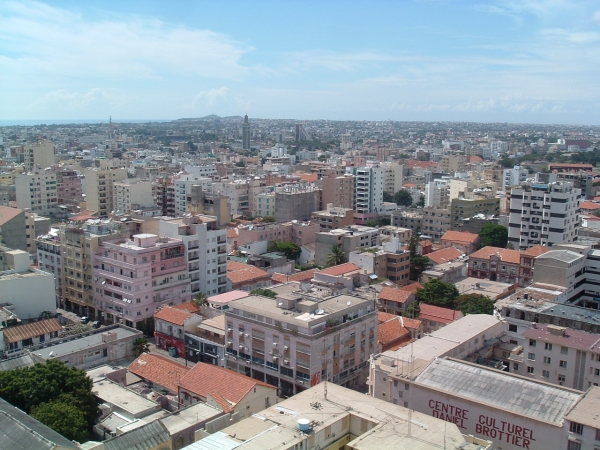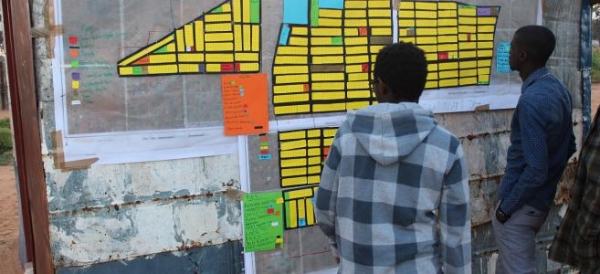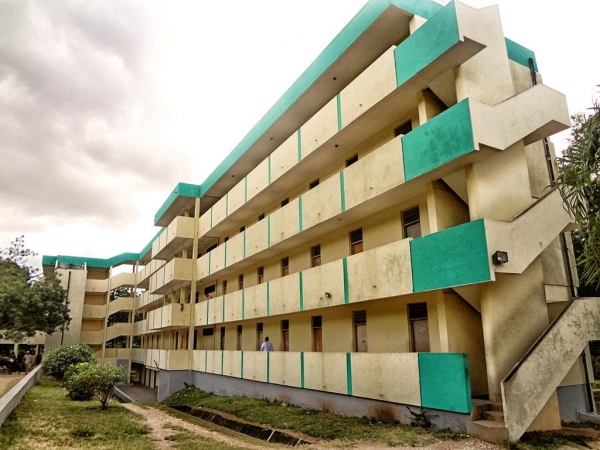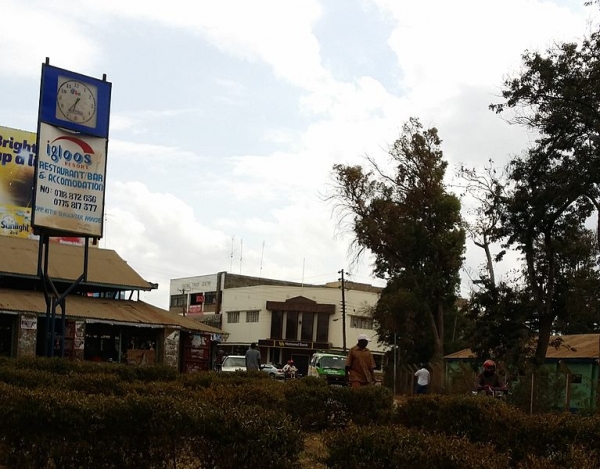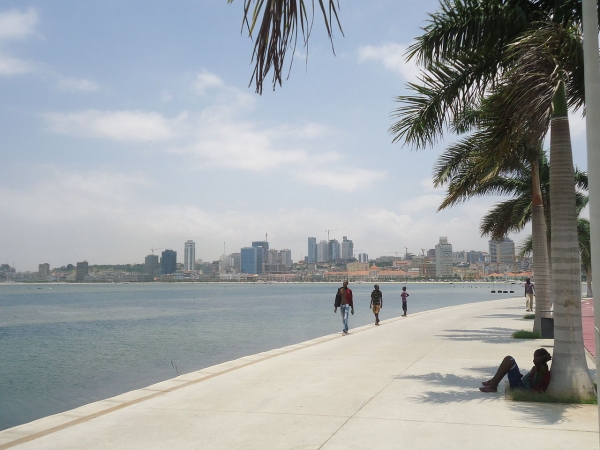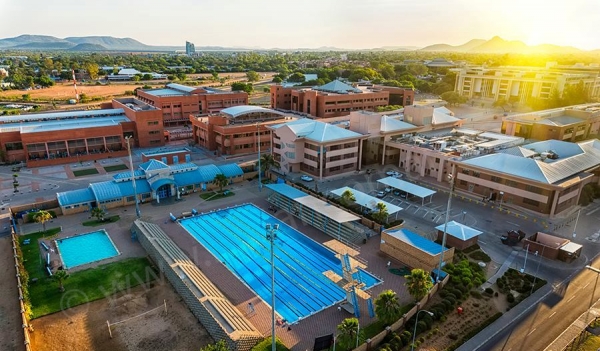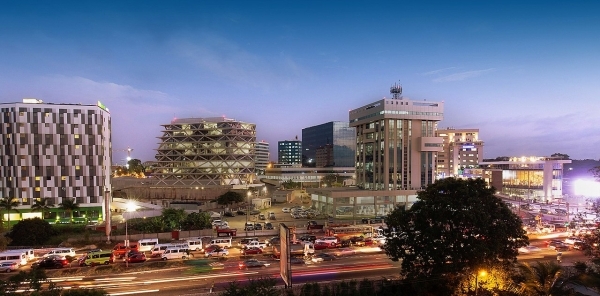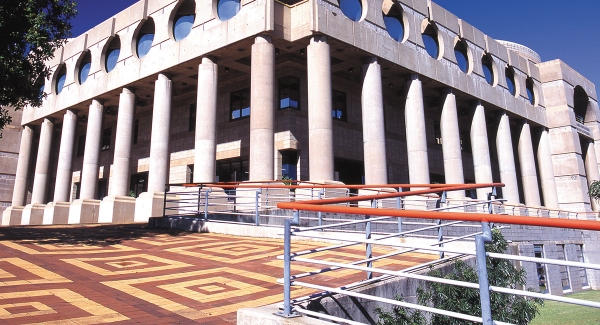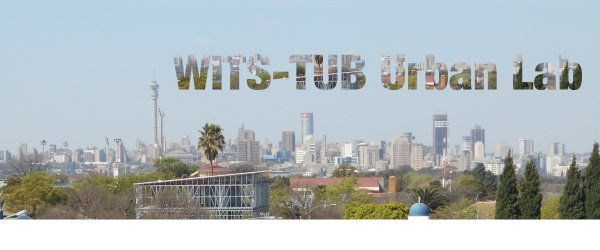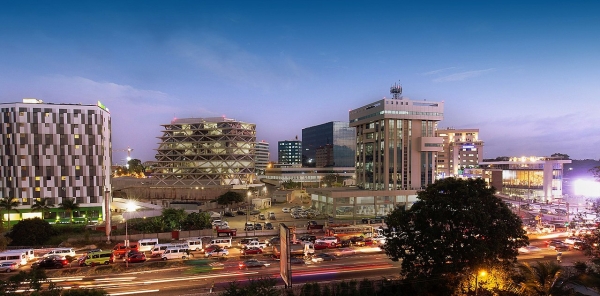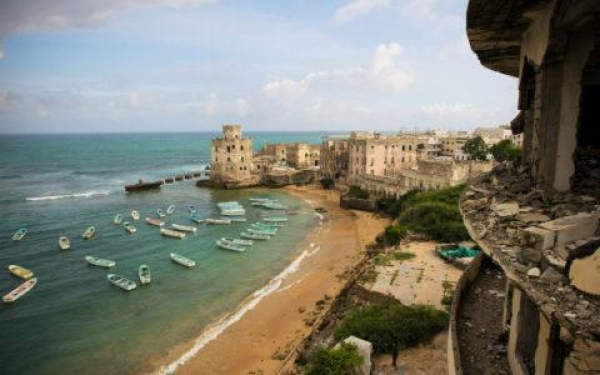The 3rd International Conference on Regional Development (ICRD) will address the theme ‘Enhancing Resilience: Bridging Knowledge and Policy for Cities and Regions’. With the successful story of the previous conferences, the upcoming 3rd ICRD will be held from 9 to 11 November 2016 in Semarang, the capital city of Central Java Province, Indonesia. The conference will be hosted by Initiatives for Regional Development and Environmental Management (IRDEM) in cooperation with Department of Urban and Regional Planning, Diponegoro University.
For the past decade our present knowledge resulted from studies and research on urban and regional resilience has developed rapidly. Unfortunately, their application into public policy making remains limited. Recent Indonesian haze pollution tragedy, which paralyzed urban life in Sumatra and Kalimantan, is a perfect example to illustrate this phenomenon. It was not a new policy issue for the country since quite regular forest fire events in Indonesia had been noted in the last seventeen years. Many studies have suggested that preventing forest fires and haze pollution to atmosphere requires consolidated efforts and time. It also requires a deep understanding about the nature of policy problem, economic cost resulted from the fires, and impacts to other sectors. Although causes and fire policies related problems had been identified and a set of recommendation was proposed, response to recent Indonesian forest fires have shown that it was not an easy task since political economy interests are proven to be involved as it also had happen in the past.
Despite transforming the capacity of stakeholders into collective actions for enhancing urban and regional resilient levels, the gaps between knowledge and actions have been escalating for years. Bridging relationships between resilience knowledge and policy making therefore plays the key for actualizing the concept into the real-time adaptive behavior of stakeholders, particularly in response to cope with growing threats of climate change and extreme weather as well as the other global environmental changes such as deforestations, land degradations, heatwaves, pollutions, floods and earthquakes. Additionally, urban and regional development dynamics itself present other forms of shocks and stress affecting urban resilience. Thus, population growth or decline, economic stagnation or crises, and political instability remain a challenge for urban and regional resilience everywhere.
Efforts in actualizing robust, reliable and credible ready-to-use knowledge have been encountering many obstacles emanating from social, economic, political and institutional factors. A plenty of conceptual and operational frameworks has been available from relentless works of inter-disciplinary experts in understanding relational dynamics of the knowledge and adaptive policies, which are relatively unstable and unpredictable. This conference, in particular, attempts to accumulate the updated concepts, frameworks and empirical practices to bridge broader utilization of the present knowledge of resilience into policy process for enhancing current urban and regional resilience levels. Thus, it would be beneficial for a broad range of stakeholders from academics, practitioners, decision-makers, urban and environment experts, social activists, policy advocates, non-governmental organizations and students.
ICRD welcomes submission of papers in all area of regional development which related to urban and regional resilience.
Participants are invited to contribute towards the following sub-themes:
- Current Conceptual Developments on Urban and Regional Resilience
- Evaluation and Assessment Methods on Urban and Regional Resilience
- Implications of Resilience Adaptation to Livelihood
- Policy Targeting and Institutionalization of Resilience Practices
- Best Practices: Sharing Resilience Experiences from Governments
- Voices from Non-Governmental Stakeholders and Communities
- Funding Opportunities and Mechanisms for Resilience Projects
- Cross-border Issues and Challenges for Frontier and Lagging Regions
- Gender Equality Dimension in Strengthening Resilient Community Capacity
- Geographic Information System (GIS) Application for Resilience Projects
- Special Sessions for Student Presentations
For further information, please visit the conference website by clicking here.
Key dates:
- Abstract submission opens 31 January 2016
- Abstract submissions are due 30 April 2016
- Abstract acceptance notification will be sent by 10 June 2016

